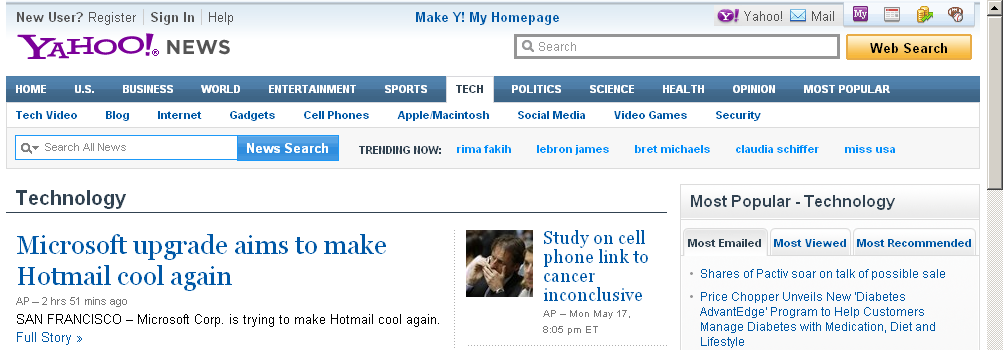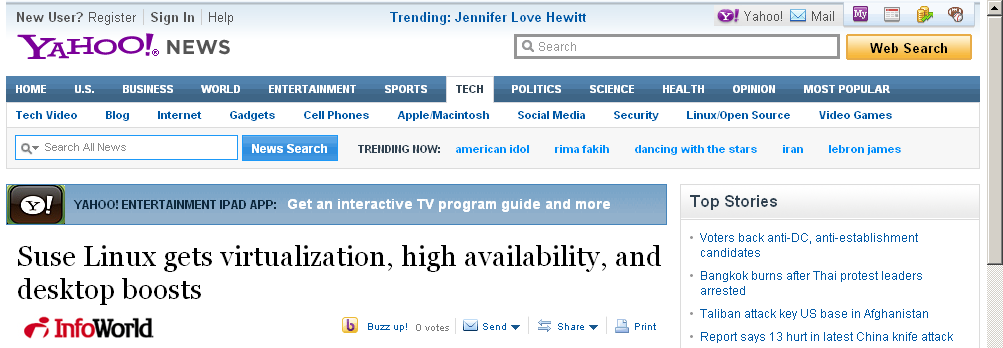Red Hat Enterprise Linux now comes with built-in virtualization (KVM) but is Red Hat Enterprise Virtualization (RHEV) about to go to the virtual mat with VMware? If you look at their RHEL video, you'll come away with a resounding 'Yes' to that question.
Red Hat purchased Qumranet in 2008 to acquire their KVM-based virtualization solution and SolidICE product based on the SPICE protocol.
What does RHEL mean for consumers?
For the end user, folks like you and me, it means that hosting companies can offer more services to developer and companies that host their applications at third-party locations, which in turn means richer applications and experiences. It also means lower costs because adopters can implement Red Hat's enterprise virtualization solution without the high upfront costs associated with established virtualization technologies.
What does RHEL mean for corporate adopters?
Smart CIOs will see the writing on the wall and engage Red Hat's virtualization team to migrate their physical servers to virtual ones. Lower and predictable costs are just two of RHEL's advantages over other Linux-based virtualization solutions. KVM is a full virtualization solution, like VMware or Citrix, but has the distinct advantage of the super fast SPICE protocol.
The primary question remains, "Is Red Hat the new VMware?" There's a good chance that it is. Red Hat dominates the commercial Linux market and that fact places it in a strategic position to launch itself …

